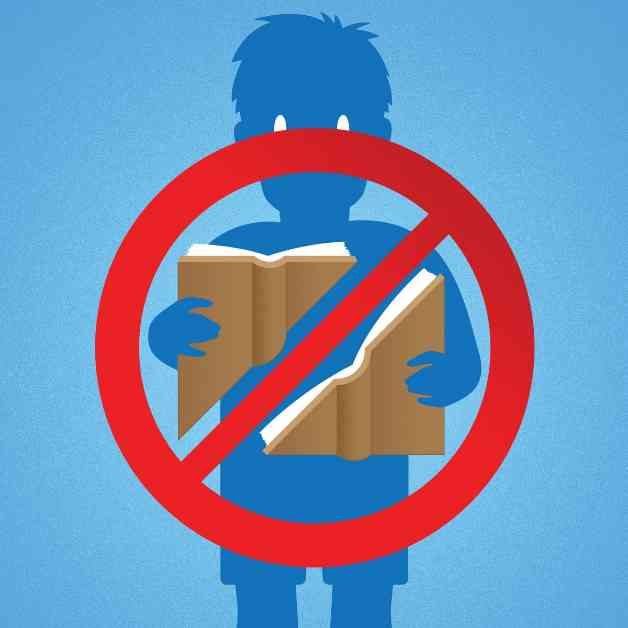Censoring books and banning them from schools and libraries is a growing concern in many communities across the United States. Some organized conservative groups are targeting books on various topics such as health, climate change, psychology, and other scientific subjects that they deem inappropriate for children. By restricting access to these books, they are limiting the opportunities for young people to think critically, explore new ideas, and learn about different experiences.
The censorship of books not only deprives children of the chance to expand their knowledge and understanding of the world but also hinders their ability to develop empathy and compassion. By removing books from classrooms and library shelves, those behind the bans are attempting to control the flow of information and shape the minds of young people to conform to their own beliefs.
Efforts to ban books have a long history in the U.S., dating back to the infamous Comstock Act of 1873, which made it illegal to distribute works considered obscene. More recently, there have been numerous attempts to censor the teaching of certain topics in schools, such as altering depictions of slavery, denying climate change, and challenging evolution.
In 2023, the American Library Association documented over 1,200 cases of book banning attempts, with more than 4,200 books targeted for removal from schools and libraries. Some of the most contested books include classics like Toni Morrison’s The Bluest Eye, modern novels about LGBTQ+ themes, and books addressing important issues like teen health and human trafficking.
Research has shown that allowing children to choose what they want to read can have a positive impact on their academic performance, as well as their social and emotional development. Students who have the freedom to explore different themes in books often exhibit increased empathy, compassion, and critical thinking skills. Reading about characters they can identify with can also boost children’s confidence and self-esteem.
Despite the efforts to ban books, there are educators, librarians, and parents who are fighting back against these restrictions. Some teachers are keeping banned books in secret drawers, while schools in more open districts are introducing reading clubs focused on banned books. Librarians are questioning what they can put on their shelves, and parents are advocating for their children’s right to access a diverse range of literature.
It is essential to uphold the principles of free speech and free thought by resisting book bans and censorship. Allowing children to explore a wide range of ideas and perspectives through books is crucial for their intellectual growth and development. By supporting educational freedom and promoting access to knowledge, we can ensure that future generations have the opportunity to learn, grow, and think for themselves.










